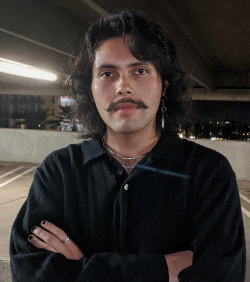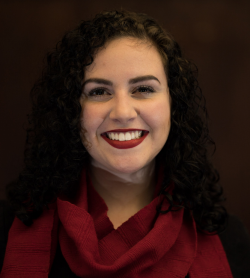Juan A. Lainez Iscoa
Although being on campus really sucked a lot of the time, going to Dartmouth allowed me to explore my interests, further define my identity, and form several long-lasting friendships. All in all, I'm very grateful for the outstanding education I've received, for all of the magnificent professors who've helped me achieve what I have, and for all of the peer support I've received as a campus DJ. However, I wish I had known that Dartmouth is a playground for rich kids before I enrolled.
screen_shot_2020-05-21_at_7.58.08_am.png

